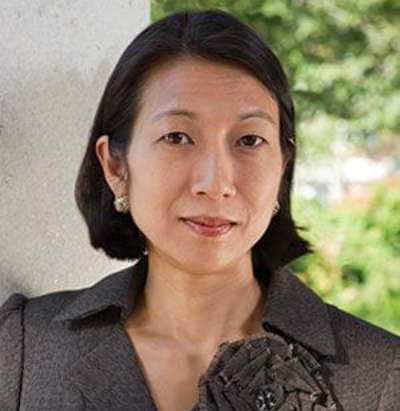China Studies Post-doctoral Fellowship
The China Studies Post-doctoral Fellowship (CSPF), offered jointly by Ashoka University (India) and the Harvard-Yenching Institute (US), is an opportunity for recent PhDs in China Studies to conduct a two-year study on China under the guidance of established scholars and simultaneously teach courses on China at top Indian universities.
The fully-funded fellowship is open to scholars who have either completed their PhD anytime after 2012 or will complete their PhD by Spring 2022 Semester, with their research specifically focussed on China (utilizing Chinese language sources) across various disciplines of humanities and social science. These include, but are not limited to, anthropology, archaeology, cultural studies, economics, geography, history, international relations, language and literature, legal history, philosophy, political science, religion and sociology. The fellowship is also open to scholars of China Studies who are teaching at Indian universities and wish to pursue novel research on China while continuing their teaching engagement at their current university. Applicants should have a working knowledge of Mandarin, sufficient for academic research.
The second cohort of the China Studies Post-doctoral Fellowship will consist of 6 fellows who will be placed across different Indian universities and who will start their fellowship tenure as early as the beginning of Spring 2022 semester. The fellowship will have both a research and a teaching component. The fellowship is extendable to an additional (third) year, which is conditional and based on the performance of the fellow in the first two years of the program.
In the 21st century, India needs to invest in its ability to understand its neighbors in order to grow and prosper. China plays an important role in the region and we need to study China and understand their economic, political, social, and historical conditions to support and enhance continued engagement. Both India and China, with their massive populations, economies, and environmental impacts, have outsized effects on the trajectory of global affairs. If there were a prime moment for India to invest in its ability to understand China better, this would be it.
The China Studies Postdoctoral Fellowship aims at building an effective understanding of China within India by supporting scholars of China Studies to continue their research and supplement our nation’s learnings on China, and at the same time assisting host institutions in India to develop an effective capacity to learn more about our neighbouring country.












